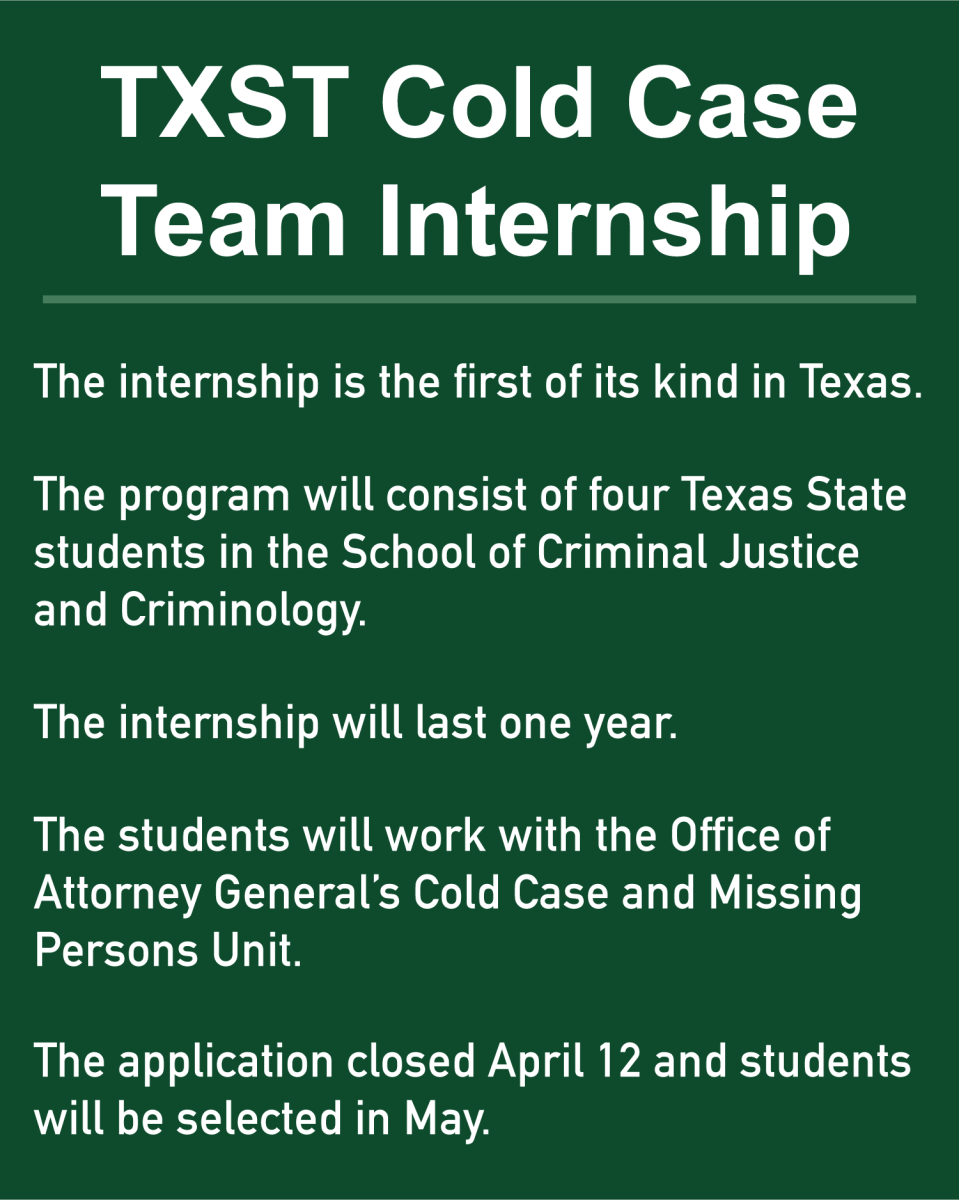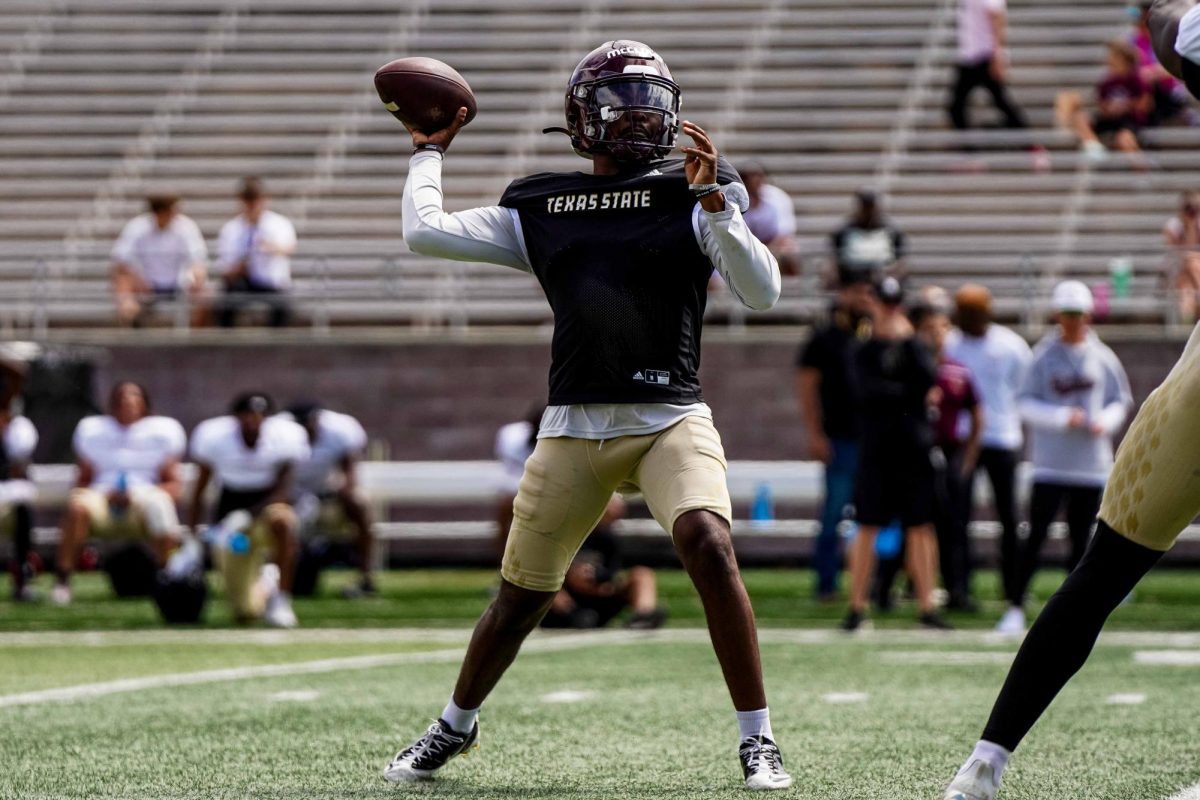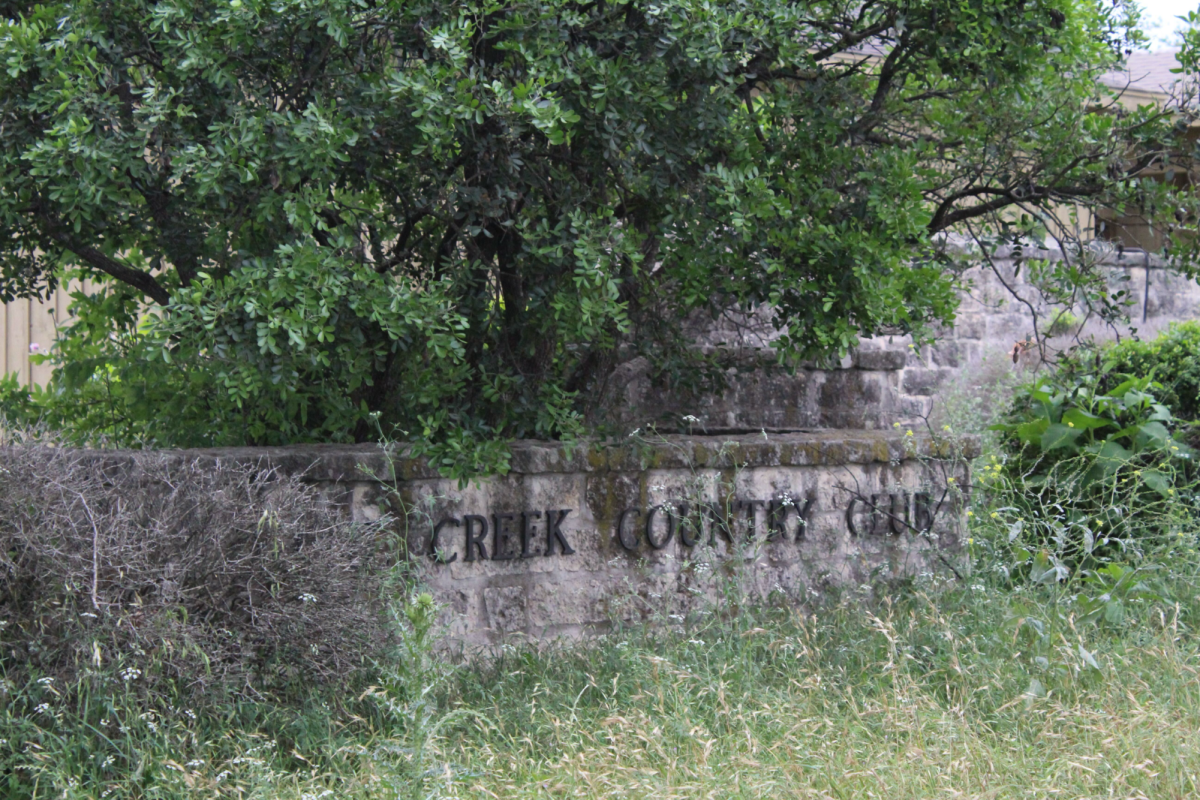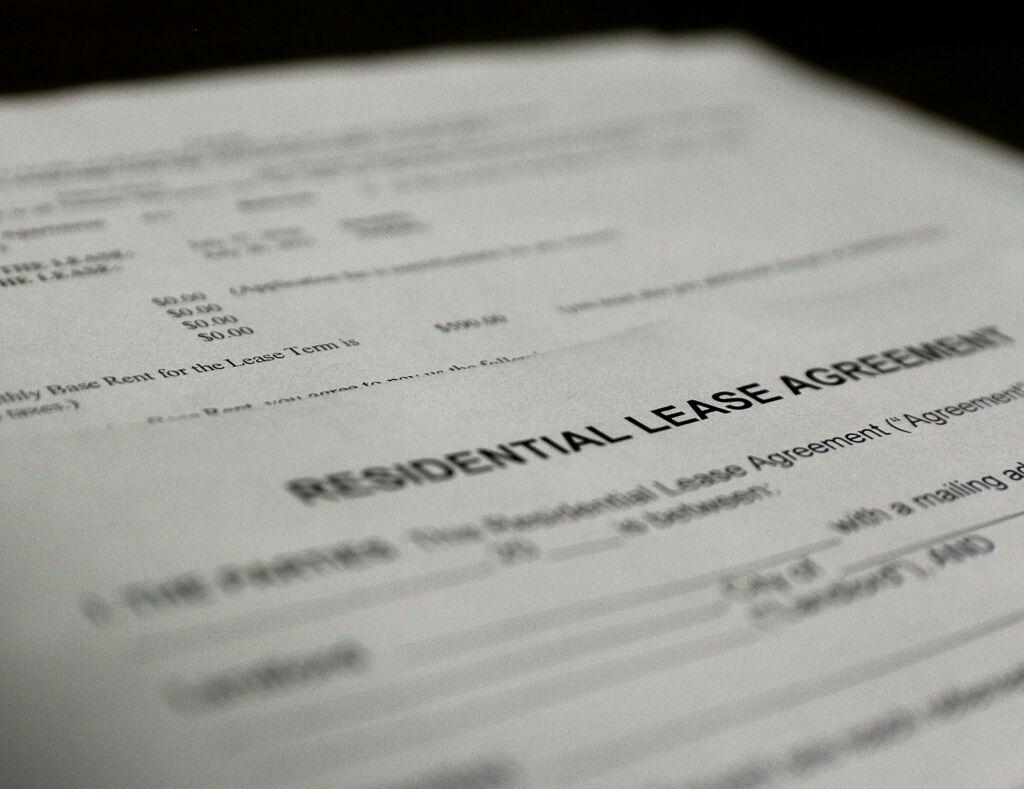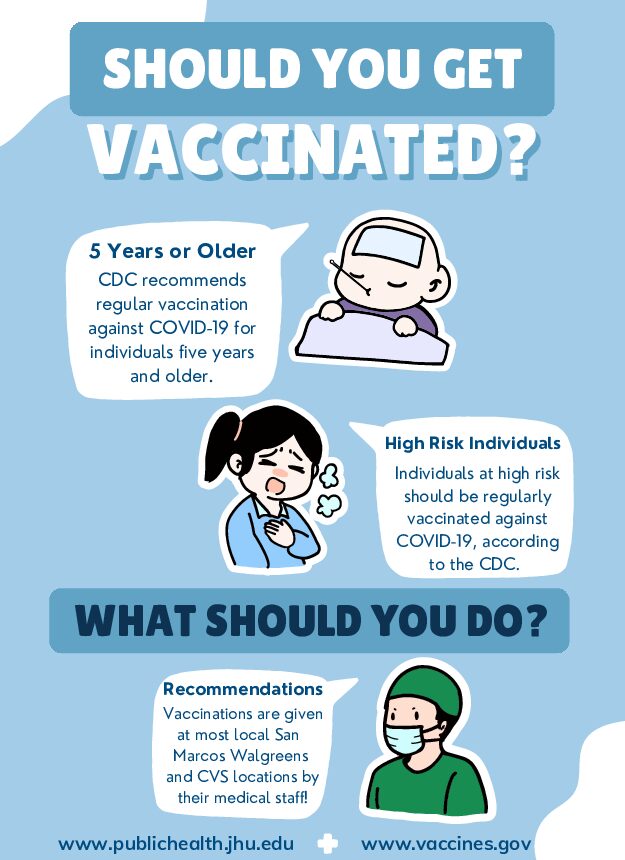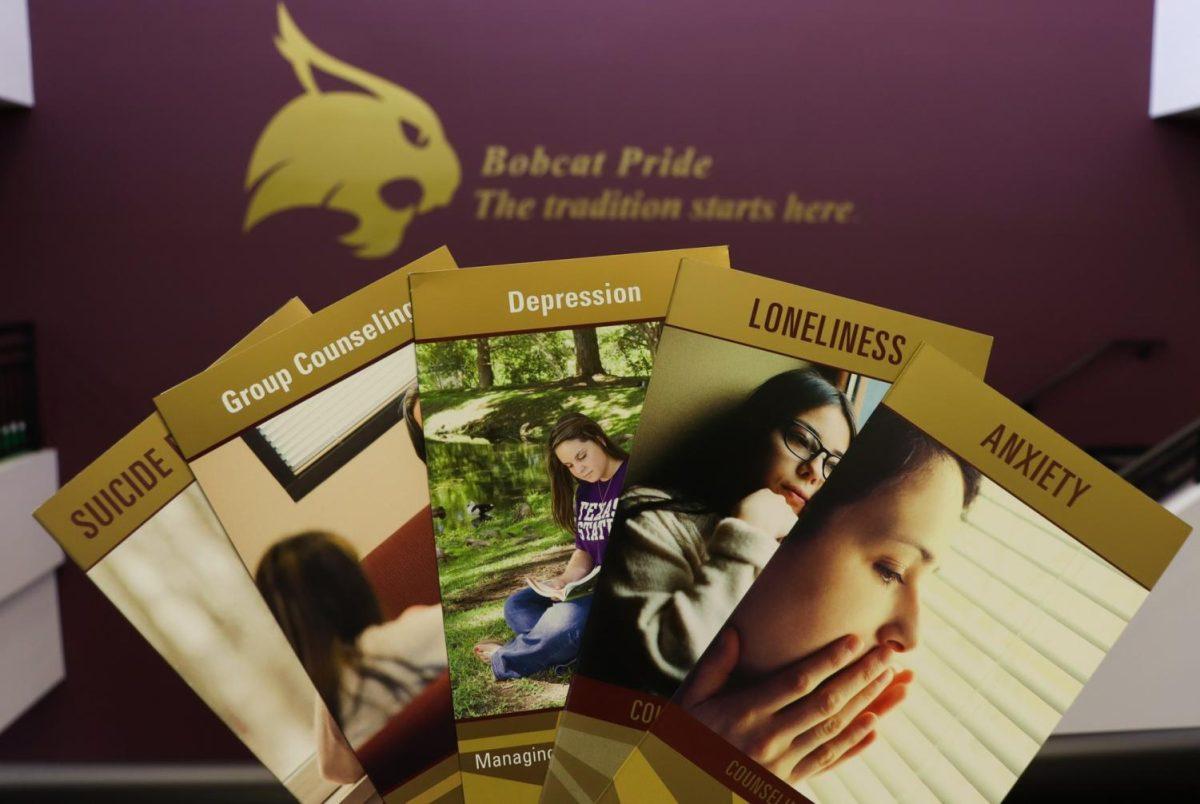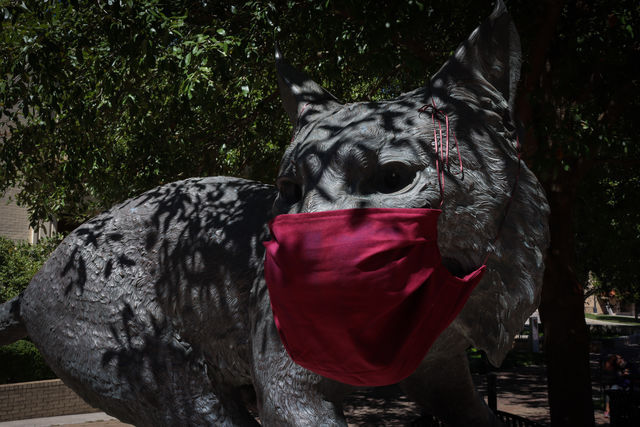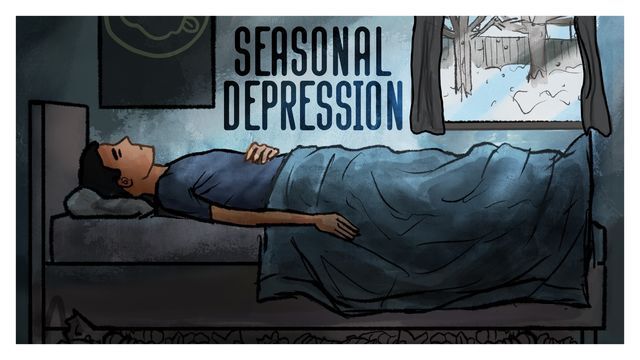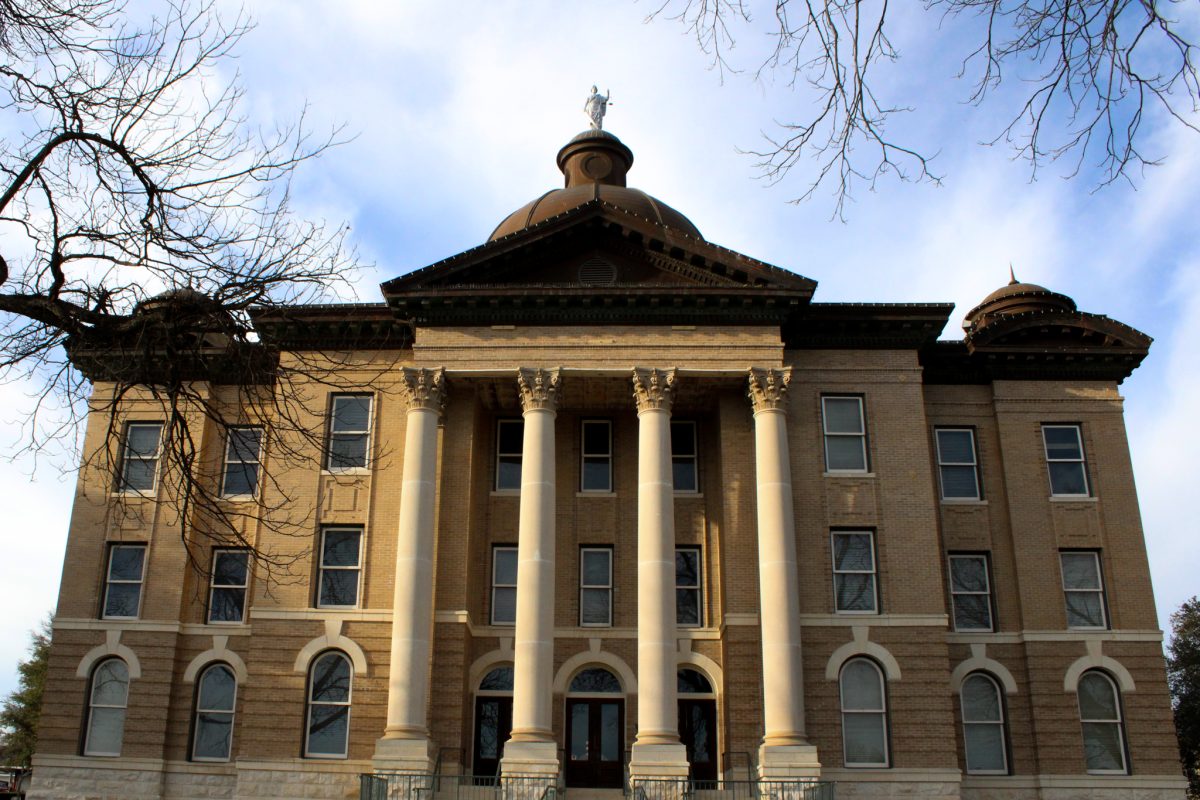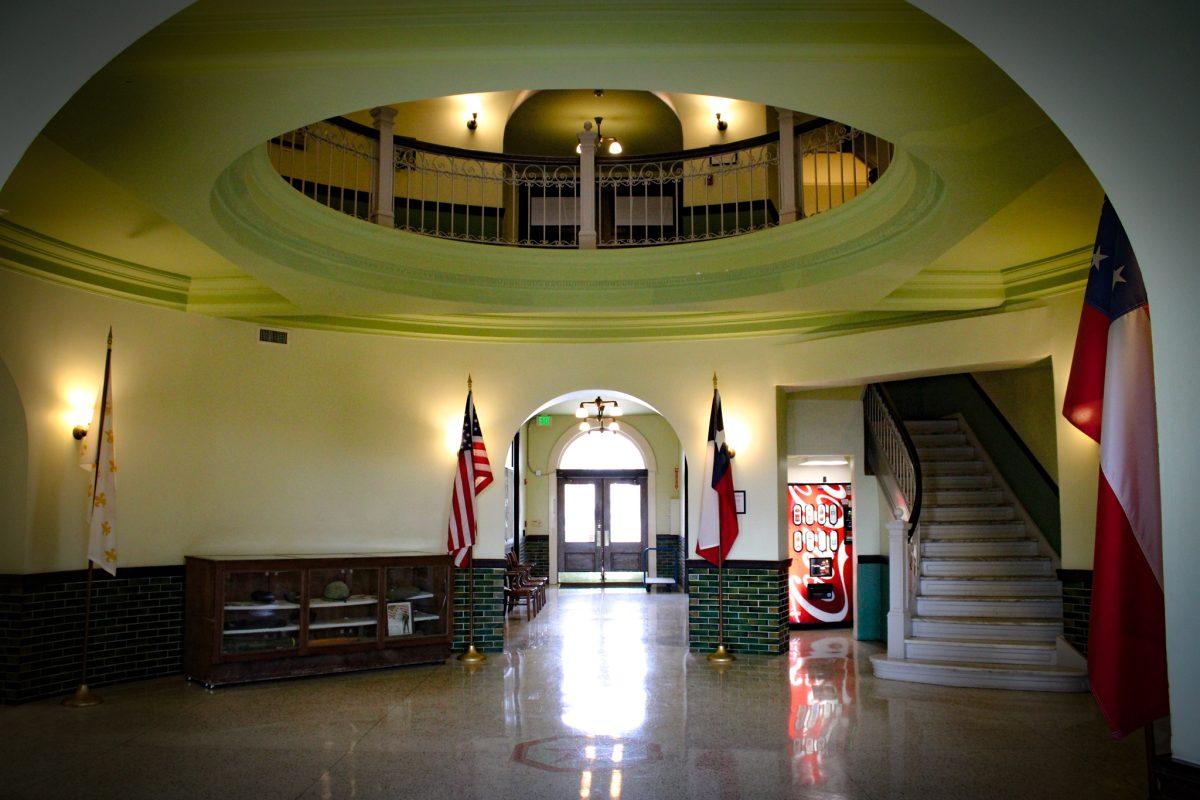As remote learning and stay-at-home orders enter their second month, San Marcos residents are still struggling with paying rent amid the COVID-19 pandemic.
According to the Association of Texas Realtors, tenants are still required to pay rent during the COVID-19 pandemic. No laws or decrees have been passed freezing rental payments.
If a tenant is unable to pay their rent at this time, landlords have the ability to set up payment plans, waivers or a rental forbearance. Tenants must communicate with landlords in writing. However, setting up plans or waiving fees is not required of landlords. Tenants must provide proof of financial hardship and it will be up to the landlord to decide whether the proof provided is sufficient.
The Texas Supreme Court has suspended all proceedings and deadlines for residential eviction until after April 30 with the exception of evictions that may involve an imminent threat of criminal activity or physical harm. Hays County has suspended proceedings for evictions through May 8.
The City of San Marcos also passed an ordinance requiring landlords to pass a notice of proposed eviction 90 days prior to issuing an actual eviction notice.
The court has also prohibited writs of possession from being posted or executed through May 7. These are court orders that usually allow a sheriff to seize the property and return it to the landlord.
The CARES Act passed by the federal government prohibits landlords of certain residential properties from filling evictions, charging late fees or other charges related to not paying rent between March 27 through July 24, 2020. This is only for evictions based on nonpayment of rent or other amounts due under the lease. However, not all residential properties are covered by both the CARES Act and the Texas Supreme Court order.
The temporary suspension on eviction filings and late fees as stated in the CARES Act applies to property occupied by a tenant if the property (1) participates in a covered housing program or the rural housing voucher program; (2) has a federally backed mortgage loan or a federally backed multifamily mortgage loan.
Tenants in a CARES Act covered property are not required to provide any proof of financial hardship due to COVID-19 for the temporary suspension of evictions to apply.
Tenants with a previously diagnosed compromised immune system could possibly request an accommodation under the Fair Housing Act. The request for reasonable accommodation must be granted unless the request is (1) unduly burdensome, a fundamental alteration of the landlord’s program or another accommodation just as reasonable is available; (2) the tenant poses a direct threat to the health and safety of other residents or the tenancy would result in substantial physical damage to the property of others.
Residential tenants cannot refuse access to the property due to fear of contracting COVID-19. However, landlords or anyone authorized by landlords must first attempt to contact the tenant before accessing the property but may enter the property at reasonable times without notice for repairs or room showings, according to the Residential Lease (TXR 2001) and Residential Lease for Multifamily Property Unit (TXR 2011), paragraph 14 (B). Subsection C allows landlords to charge a fee if a tenant refuses access or fails to make the property accessible.
To help out residents in knowing what their options are, The University Star has compiled a list of apartment complexes in San Marcos and what they are offering tenants to help them during these hard times.
The following list is not extensive. Residents wishing to contribute to the list can click here.
This story is an extension of News Reporter Sandra Sadek’s previous article “Students and apartment complexes clash during COVID-19 pandemic”
Students with legal questions or concerns should contact the Attorney for Students Office at 512-245-2370.
For more information on what actions are being taken by the city of San Marcos to aid tenants with paying rent and utilities, visit their Tenant Resource webpage and their Utility Customer Services webpage. Texas State University also has a COVID19 webpage with resources available for students.
The University Star’s COVID-19 coverage can be found here.

